
She had already said goodbye to the patient and was almost out the door when she suddenly stopped. What she saw made her heart freeze for a moment.

“Have you not heard?” Her voice trembled, as if something inside it was cracking.
“What exactly?” I asked, already holding the handle of the front door with one hand. The bag with medicines almost slipped from my fingers.
Lidiya Pavlovna, 84 years old, a widow with eyes full of lived years and unspoken sorrows, stood in the middle of the hallway. Her gaze was fixed past me—into emptiness, as if someone was standing there, beyond the threshold.
“He laughed again…” she whispered.
“Who?” I asked, though I already felt goosebumps running down my skin.
“My Vitya,” her voice became barely audible. “He had that kind of laugh. Mischievous. As if he wanted to scare me. He used to do that as a child. Even before he died…”
I froze. A dense, almost tangible silence hung in the room. Vitya had died three years ago. A car accident. Lidiya Pavlovna had told me how she kissed his cold hand in the morgue, how she begged him not to leave.
Carefully, I let go of the door handle and stepped back into the apartment. I turned on the light in the hallway. It smelled of incense and homemade jam—blackcurrant jam she used to make every autumn. But now that smell seemed different. Foreign. Cold.
“Lidiya Pavlovna, it’s probably just memories. Voices we sometimes hear inside our heads.”
“No, my girl, you don’t understand,” she looked straight at me, and there was no madness in her eyes. Only fear and exhaustion. “He called me. Every night. And today… today I saw him. In the bathroom doorway. He was smiling. Exactly the same as on the day of the funeral… only his eyes… were glowing like embers.”
I have worked as a home therapist for a long time. I’ve seen everything. But that evening and everything that followed changed me. I don’t know how to explain it—something inside broke and reassembled itself, completely different than before.
I stayed. I persuaded her to lie down. I went into the room—neat, warm, filled with framed photos. Above the old bench near the ceiling hung a plush teddy bear. Unexpected for this apartment.
“That’s what he hung up,” came the woman’s voice behind me. “I didn’t touch it.”
“Who?”
“Vitya.”
A chill ran down my spine.
I decided to inspect the apartment. Slowly, carefully. With each minute it became clearer: the air here was different. As if time didn’t move forward, but twisted into a loop, returning to the days when he still lived in this house.
I went into the bathroom. On the mirror were clear fingerprints. Long, male. And above them, as if scratching the glass from inside, was one word:
“MAMA”
I spent the night with her. I couldn’t leave—couldn’t leave her alone. We sat in the dark, listening to the ticking of the old clock. And at some moment, I heard it.
Laughter.
Not creaking floorboards, not the wind in the pipes. Laughter. Sharp, unnatural—somewhere between a child and an adult man. Creepy. Familiar.
“He came,” whispered Lidiya Pavlovna. “Tonight he will take me.”
I grabbed her hand.
“No. I’m here. I won’t allow it.”
She only nodded—quietly, submissively. And then I saw.
In the kitchen, at the table, someone was sitting. There was a silhouette, but no face—as if it was floating in water. From beneath the hair, eyes were visible. Burning. Familiar.
In the morning, Lidiya Pavlovna lay with her eyes closed. She no longer breathed. On her face—a slight smile, as if she had finally found peace. Next to her on the pillow—a photograph: a young woman, a young man about twenty years old, and a plush teddy bear. The caption on the back: “Vitya. Our boy. 1983.”
I ran out of the apartment. A neighbor stopped me at the entrance.
“Are you from Lidiya Pavlovna’s?” he asked.
“Yes. What happened to her?”
“Poor woman. She kept talking about her son… But you know, she never really had a son.”
“What do you mean?”
“She made him up. All these years. No husband, no child. It was all in her head. Even those photos, they say she bought at a flea market.”
I didn’t answer. Because at that very moment I felt something unusual in my bag—a weight that hadn’t been there before. I unzipped it and looked inside. Among the medical reference books and notes lay a plush teddy bear. Exactly like the one in Lidiya Pavlovna’s photo. Only now it had a button, which wasn’t there yesterday.
It smelled of incense and blackcurrant jam.
A month passed.
I returned to that neighborhood only once. Walking past the old building, stopping at the entrance, but I never dared to climb to the third floor. Everything seemed frozen in time. Even the air was dense, now dull like a wall behind which there was nothing.
Colleagues asked what was wrong with me. I kept silent. Told no one. Because no one would believe. Sometimes I myself began to doubt: did it really happen? Or had I started to see what wasn’t there?
But one day, while sorting through things after another trip, I found it again—the bear. Though I convinced myself I had given it to an orphanage. Even signed a paper. But it lay in my bag. With a new button sewn on by a thread I didn’t have at home.
I picked it up and noticed a note on its neck:
“You saved her. Now someone will protect you too.”
Since then, I started noticing strange little things. In all sorts of homes—where loneliness reigned, where patients’ eyes silently begged simply to be near—signs appeared. A cup of tea, already poured. A blanket neatly draped over shoulders. A faint scent of blackcurrant in the corner of a room.
Sometimes it seemed to me that Lidiya Pavlovna was still somewhere nearby. But not as a ghost of fear or grief—rather as a bright memory. Like a shadow warming from within. And maybe her Vitya now walks beside me. Quietly, wordlessly. To help those who can no longer wait.
Once I came to a new patient—Zinaida Petrovna. A stooped woman, covered by time like snow. We spoke little, but she looked at me strangely—with hope and fear in one glance.
At farewell, she suddenly squeezed my hand.
“Girl,” she said, “do you know there’s a boy standing behind you?”
I froze.
“He’s smiling. Standing right behind your shoulder… And holding a teddy bear.”
I wasn’t afraid. I just smiled. Because for the first time I understood: it’s not scary. It’s not even strange.
It’s love that didn’t die.
It’s gratitude that can be passed on.
It’s the reason to stay. Even one day longer.
Months passed. Patients, homes, stories—all flowed like a river. But the more time went on, the more often I felt: I am not alone. Wherever I was, wherever loneliness breathed, wherever human contact was needed—someone was nearby. Silently. Warmly. Invisible to others.
Once I was called to a rural house. Wooden, old, with a faded carpet on the wall and a forgotten garden outside the window. The owner—Varvara Nikitichna, almost a hundred years old—lived completely alone. No relatives, no neighbors, no voices.
She was silent for a long time. Only looking out the window and whispering:
“I once loved. Now only dust and photographs remain.”
I stayed overnight. The cold in such houses in winter is special—it penetrates inside, to the bones. People here live slowly, as if their hearts beat with effort, not to stop.
At night, I heard her crying. Quietly, like a child. I approached. She was sitting on the bed, holding a yellowed letter.
“From him. 1944. ‘Wait for me, I will return.’ But he never came back. Only the morning wind whispers his name to me.”
I sat beside her, hugged her. We stayed like that for a long time. Then she fell asleep on my shoulder.
And in the morning, she was gone. On her face—a smile. Light, like the first snow. I knew—he had come.
But something else happened.
Before leaving, I noticed an unfamiliar box in the corner of the room. It definitely hadn’t been there before. I approached and opened it. Inside—a plush teddy bear. Not the one that belonged to Lidiya Pavlovna. This one was worn, all patched up, handmade. On one paw was embroidered the name:
“Nadezhda”
Beneath it lay dozens of letters. Different envelopes, different cities, different women. And each had the same conclusion:
“I’m near. Just wait. — V.”
Then I understood.
It was him. All this time. He was looking for those who needed to hear: you matter. You are loved. You are not alone.
Years passed. I no longer work as a therapist. I just go from house to house. To hearts that want to be heard. I listen, speak, stay silent, hold hands. And leave gifts. Bears. Letters. Sometimes just notes. Things that help someone feel: they are important.
Because I know one truth—miracles aren’t about healing the body. Miracles are about hearing the soul. Even if that soul hasn’t been heard for a long time.
And if one day you find a letter you never had before, in a drawer you never opened…
If a cup of hot tea suddenly appears on the table—as if someone was waiting for you…
If warmth suddenly fills a cold room, and the scent of blackcurrant flickers in the air…
— It’s him. Or her. Or the one you once supported—with your faith, care, or just a kind word.
And one day you will understand:
Your love did not disappear. It stayed alive.
Which means—you stayed too. Forever.
Friends, if this story touched something inside you—please subscribe to the channel, like, and write in the comments what you felt.
For me, it’s more than a story. It’s a journey we walk together.
And if you are here—it means we are no longer alone.
News in the same category


The bus driver kicked out an 80-year-old woman who hadn’t paid for her ticket. She replied with just a couple of words.
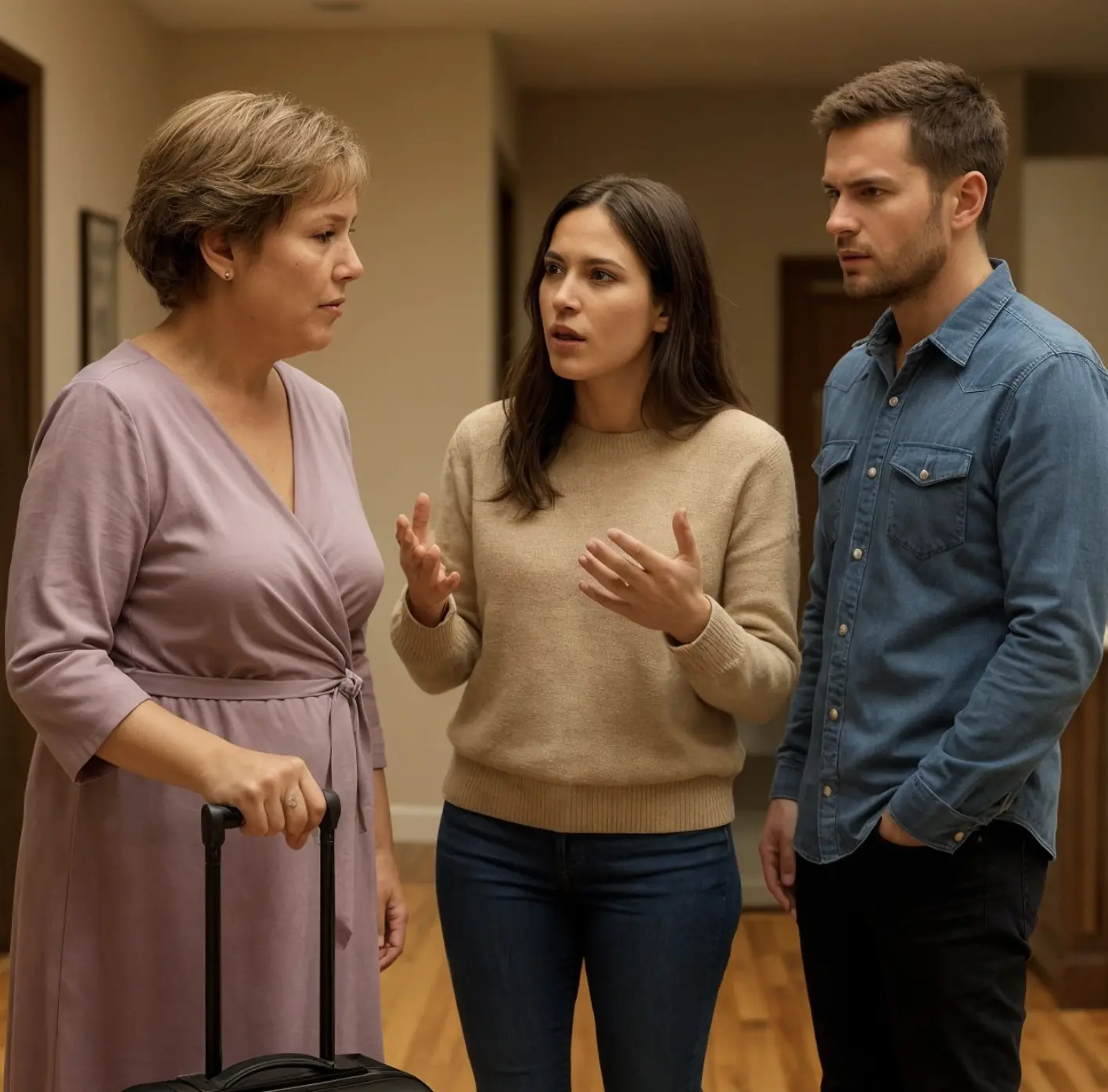
You spent all the money on your son, and now you want to live in my apartment?” I asked my mother-in-law, who showed up at the doorstep with suitcases.
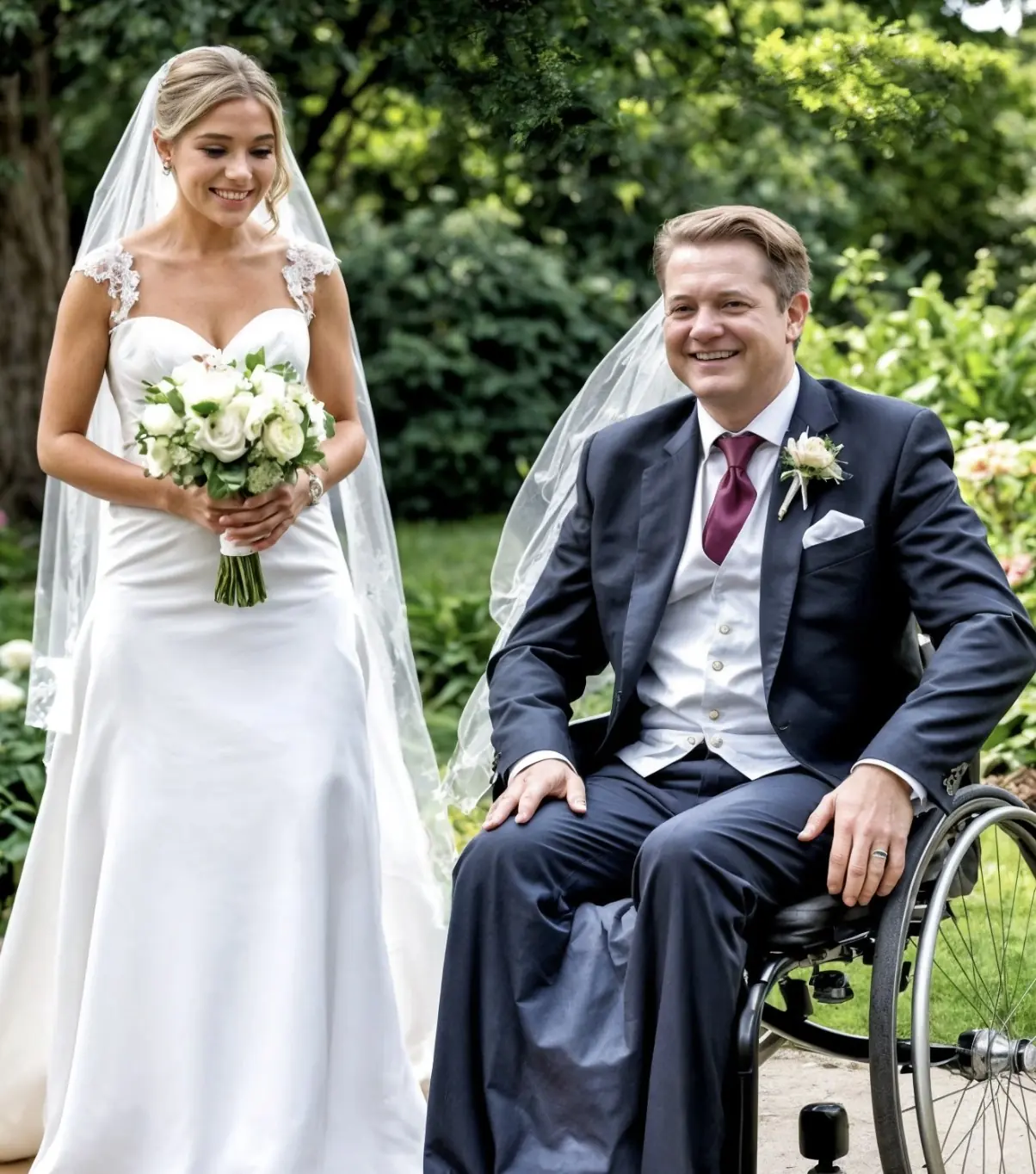
She married a man with a disability, but a big surprise awaited her at the wedding.

Passersby walked past the pregnant woman who was asking for help, pretending not to notice her pleas.

Having taken all the property and money for himself in the divorce, the husband did not expect the surprise his ex-wife would prepare for him

If the future mother-in-law had known that the groom was from a wealthy family, she wouldn’t have made such a fuss and let things get so far.
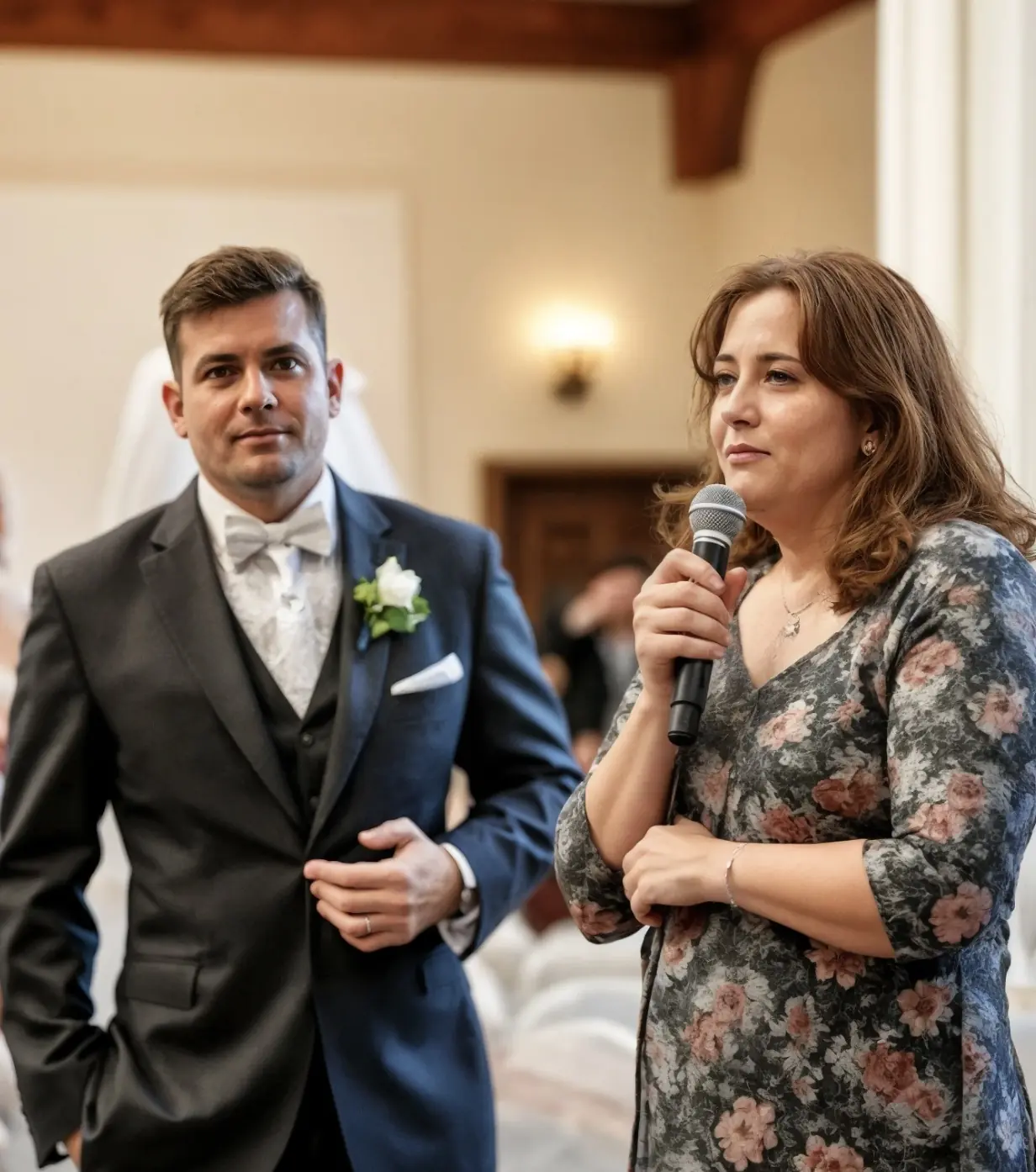
At the wedding, the son called the mother of his bride a homeless woman… But as soon as she took the microphone, the in-laws were stunned

Grieving Mother Bear Hunts Wolves in Chilling Act of Revenge
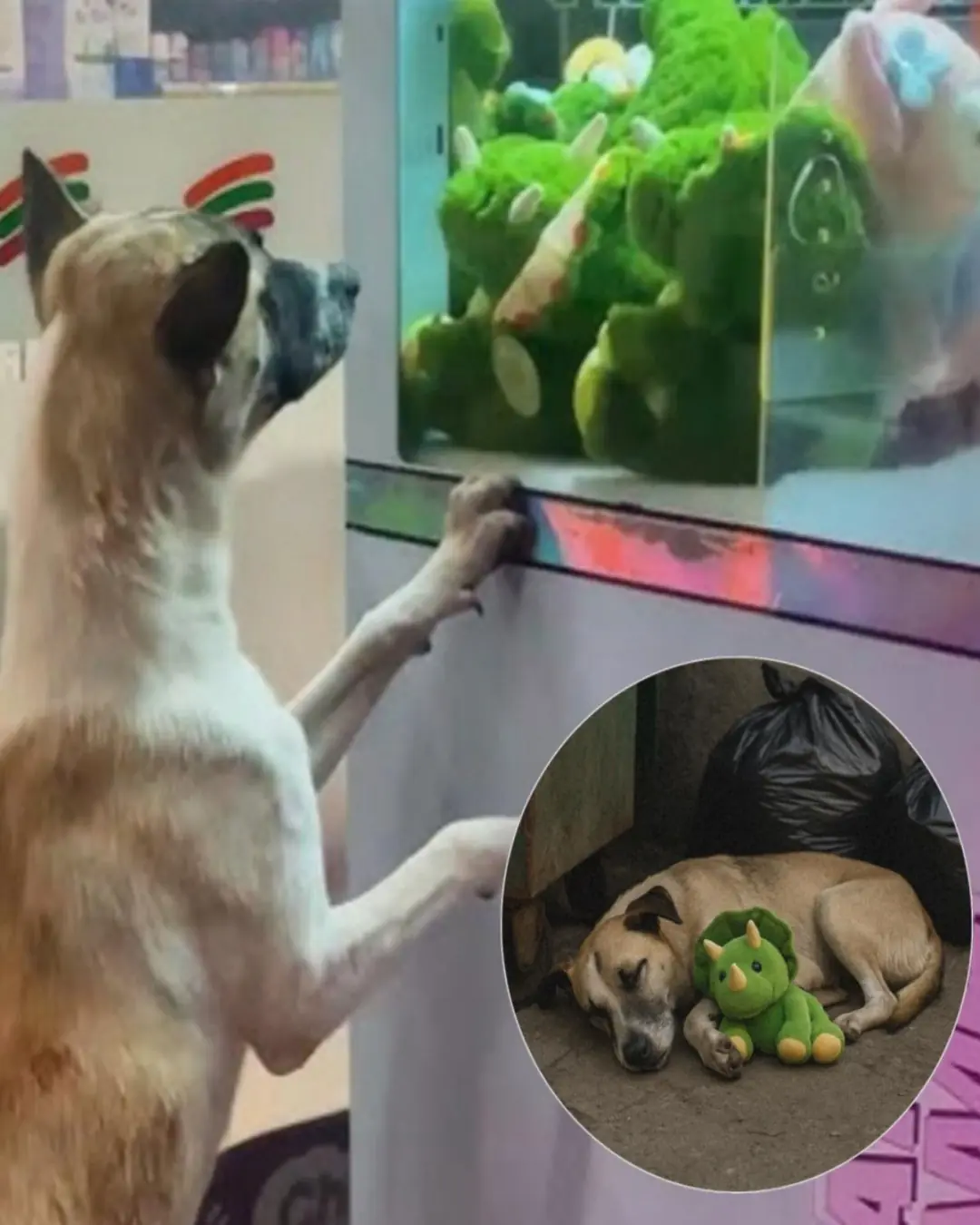
The Stray and the Green Triceratops: A Toy That Became a Lifeline
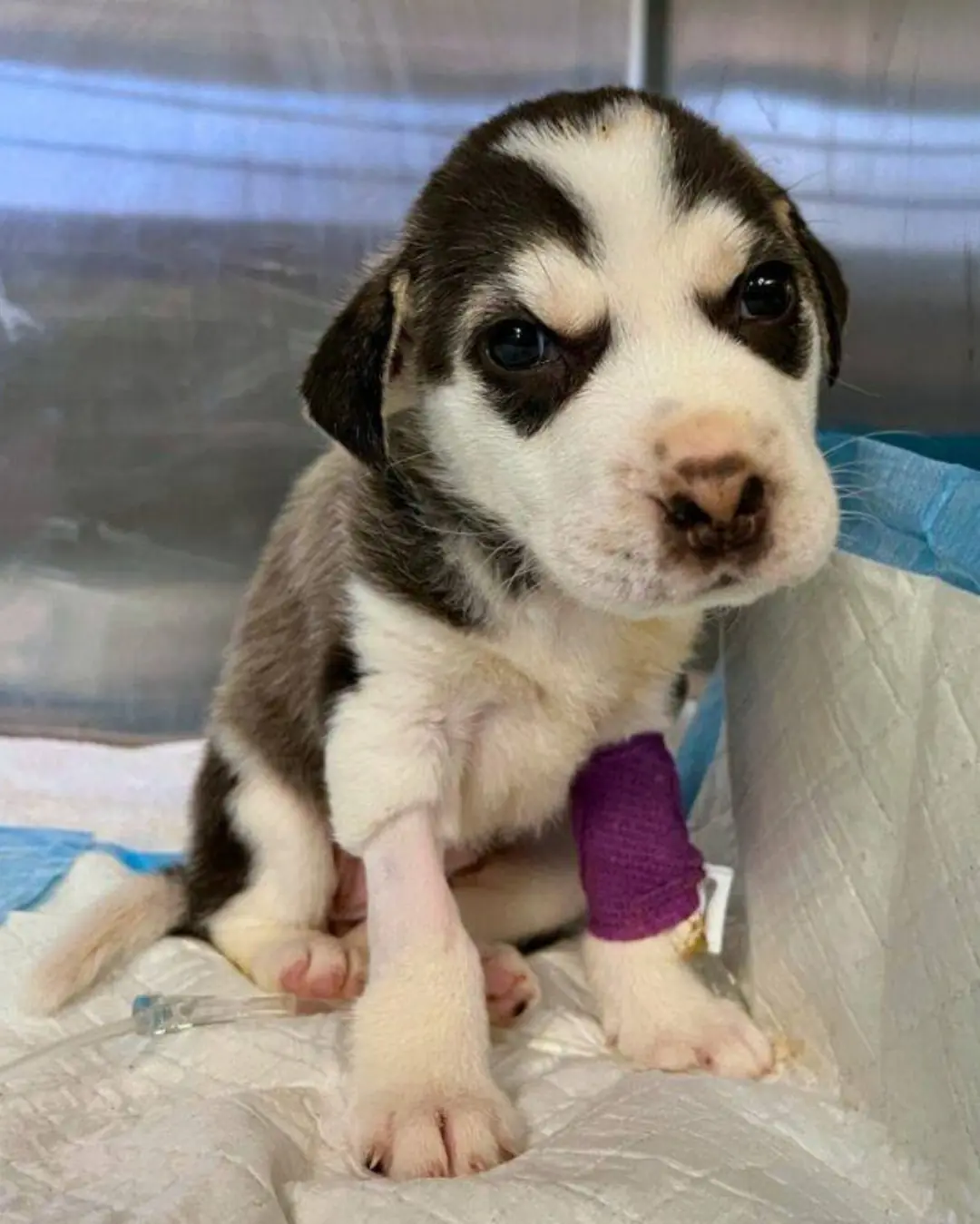
Thrown Away, Yet Still Breathing: The Heartbreaking Rescue of a Puppy Named Kiss
The Dog Who Carried a Toy—and Found a Family’s Love
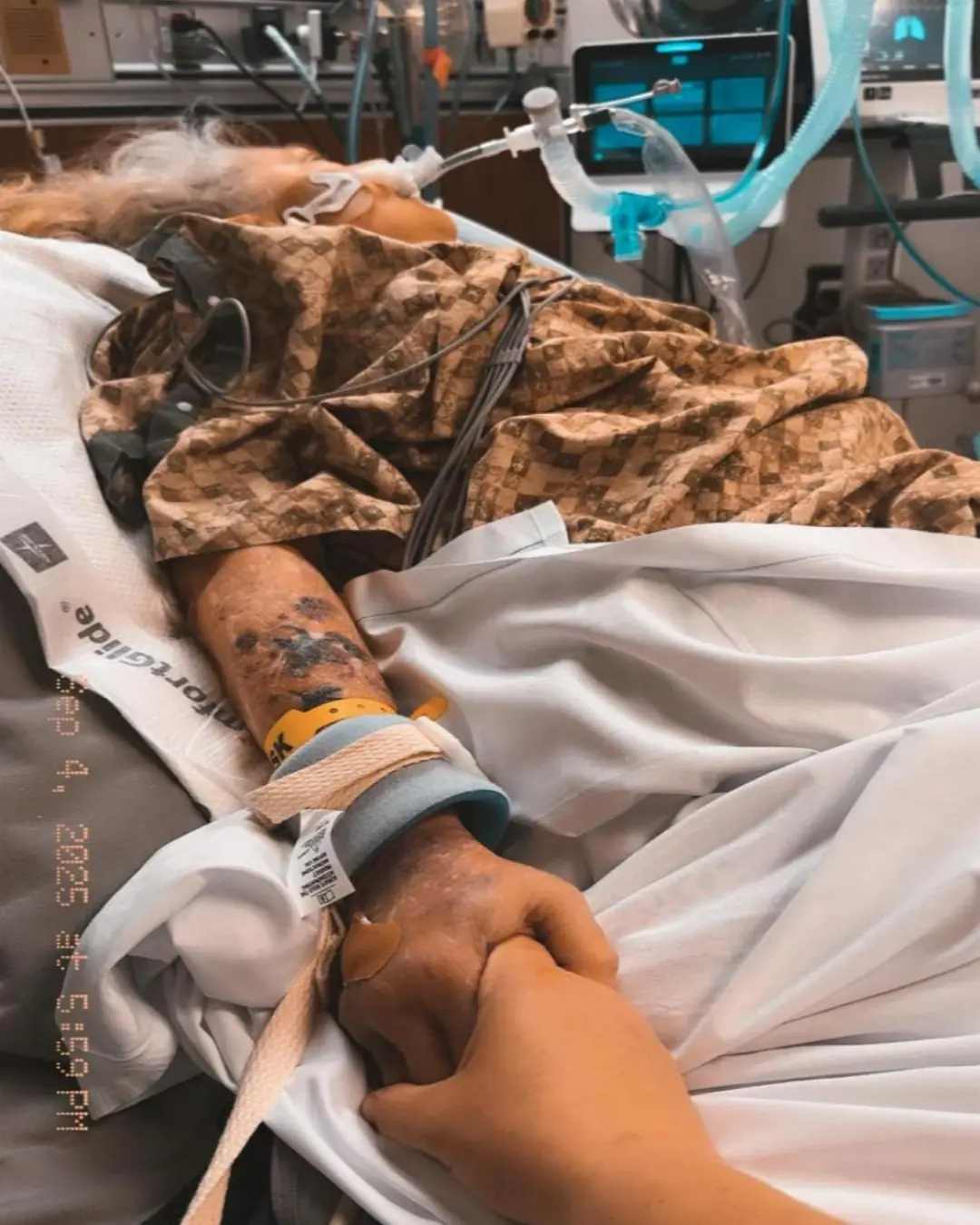
A Final Gift of Love: Remembering Tonika West
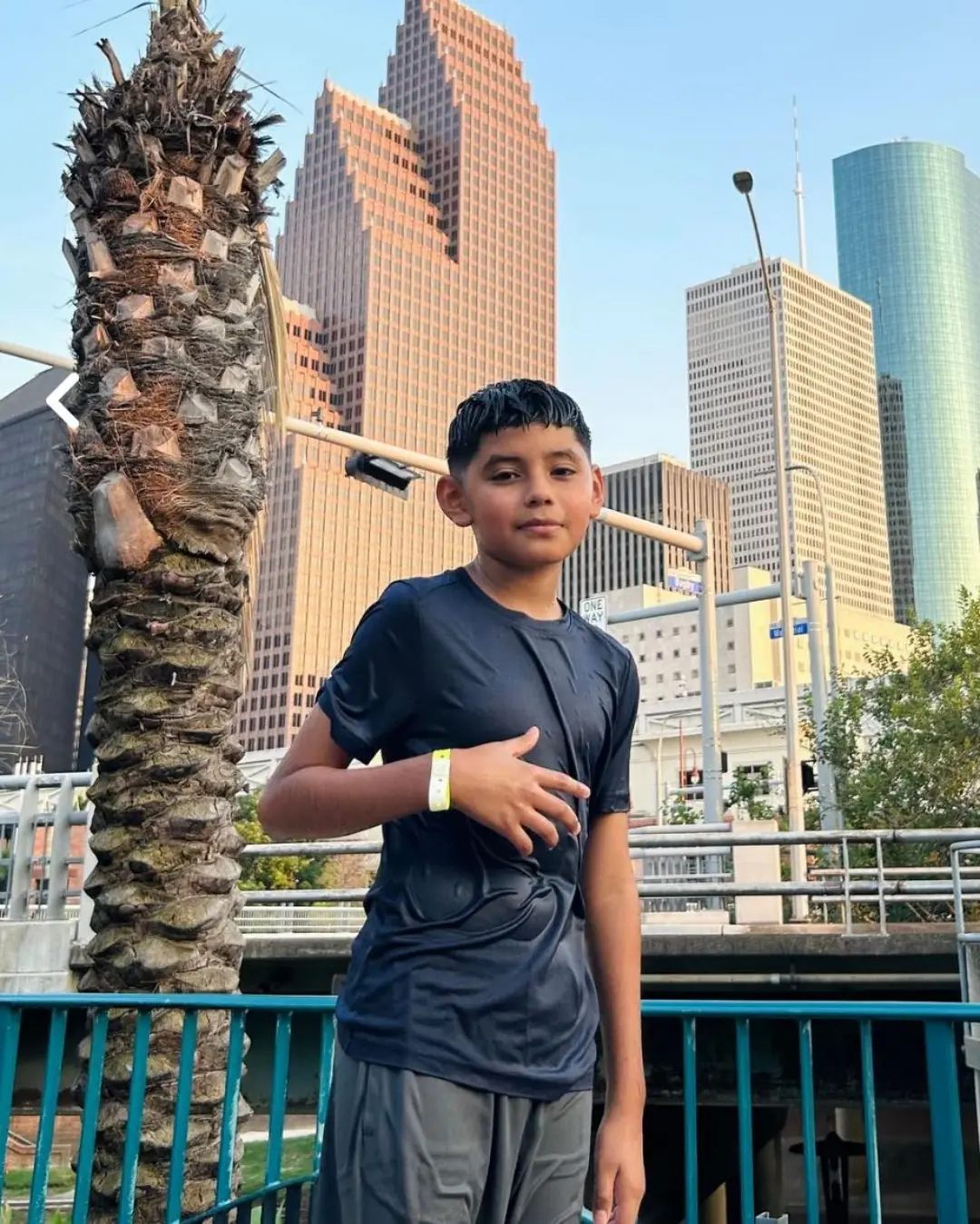
Laid to Rest: Houston Mourns 11-Year-Old Julian Guzman
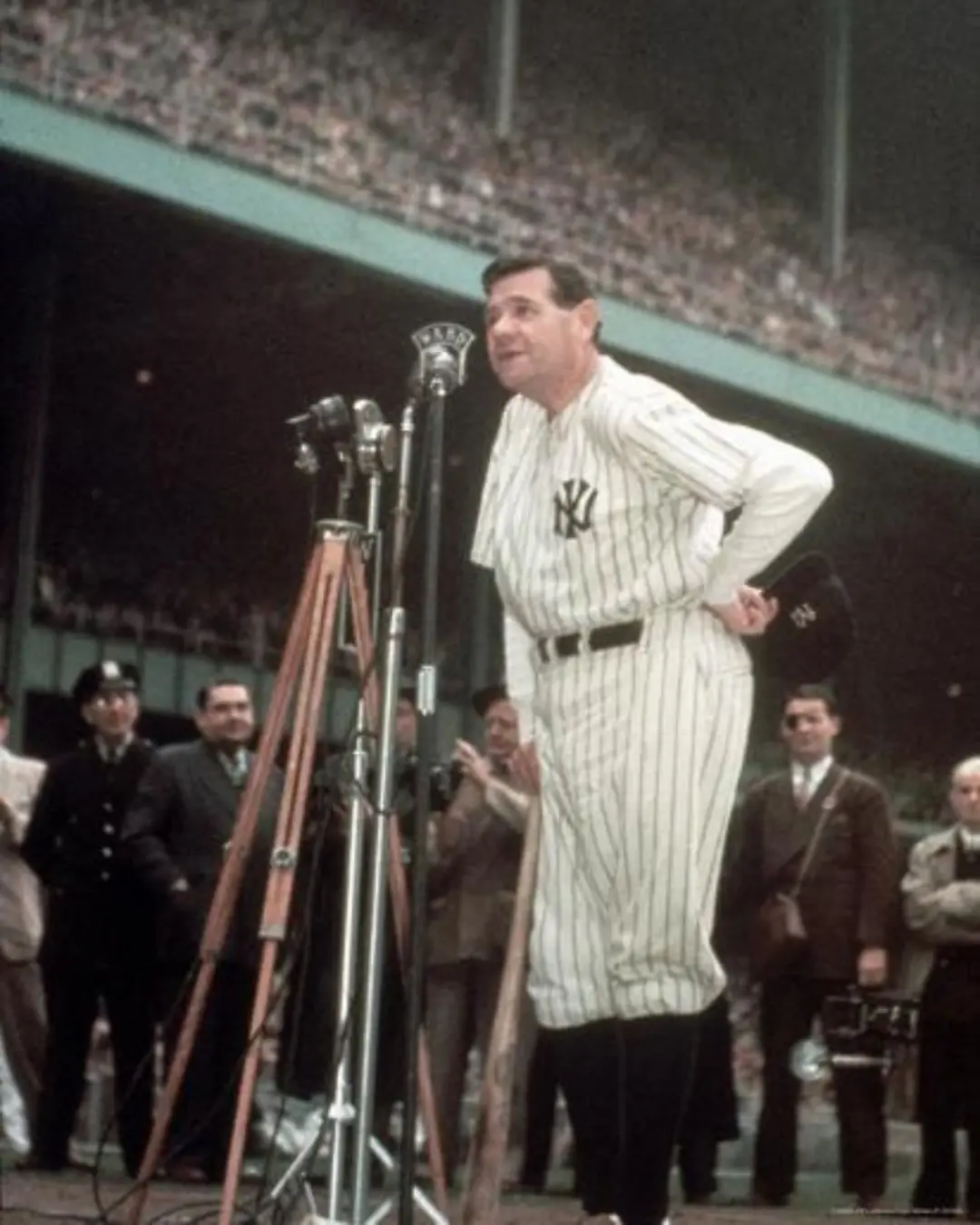
The House That Ruth Built: The Babe’s Final Farewell.

The Day the Herd Came Together: A Mother’s Cry and an Elephant’s Courage.
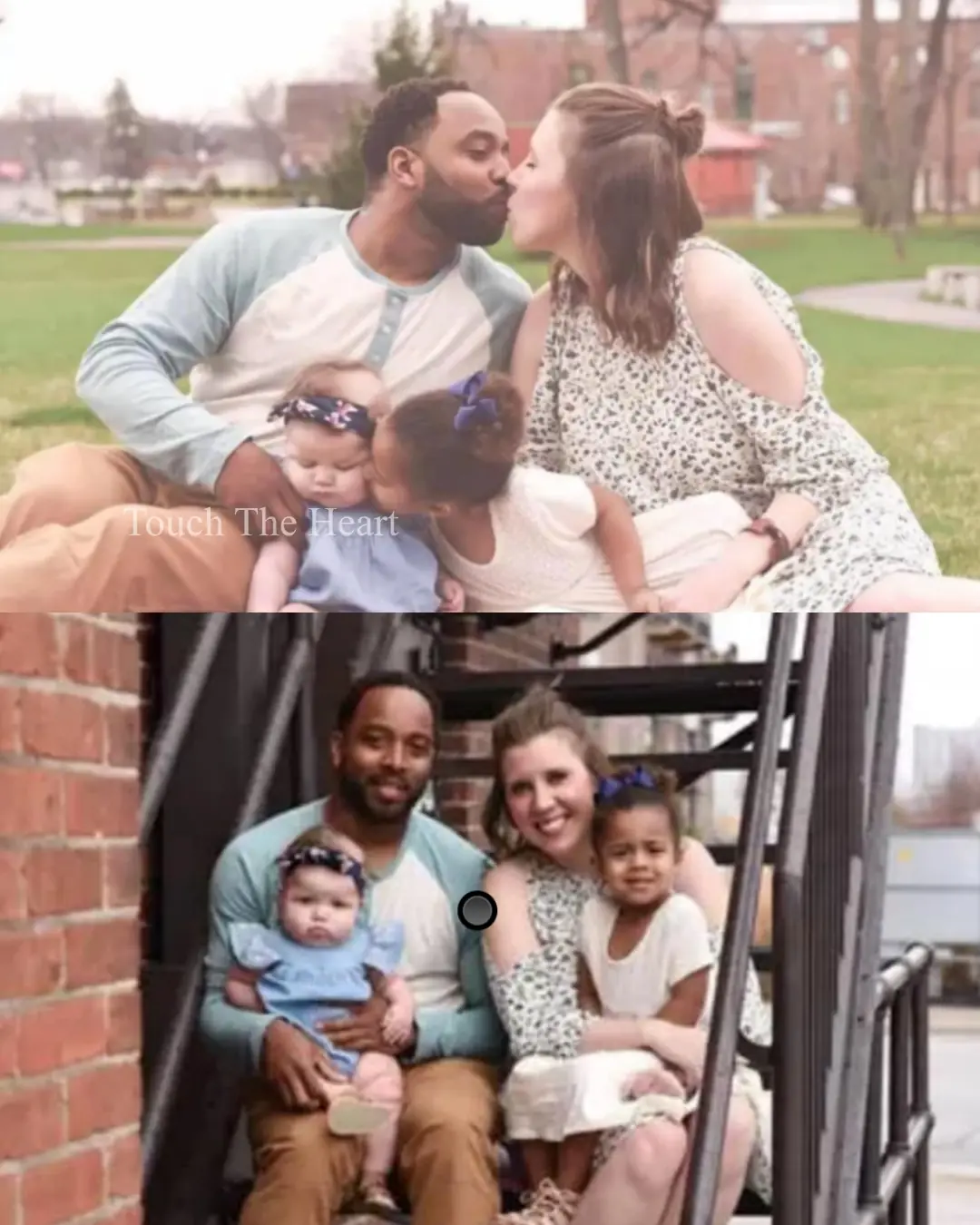
Love Comes in Every Color: A Family’s Beautiful Reminder That Genetics May Surprise Us, but Love Never Does.
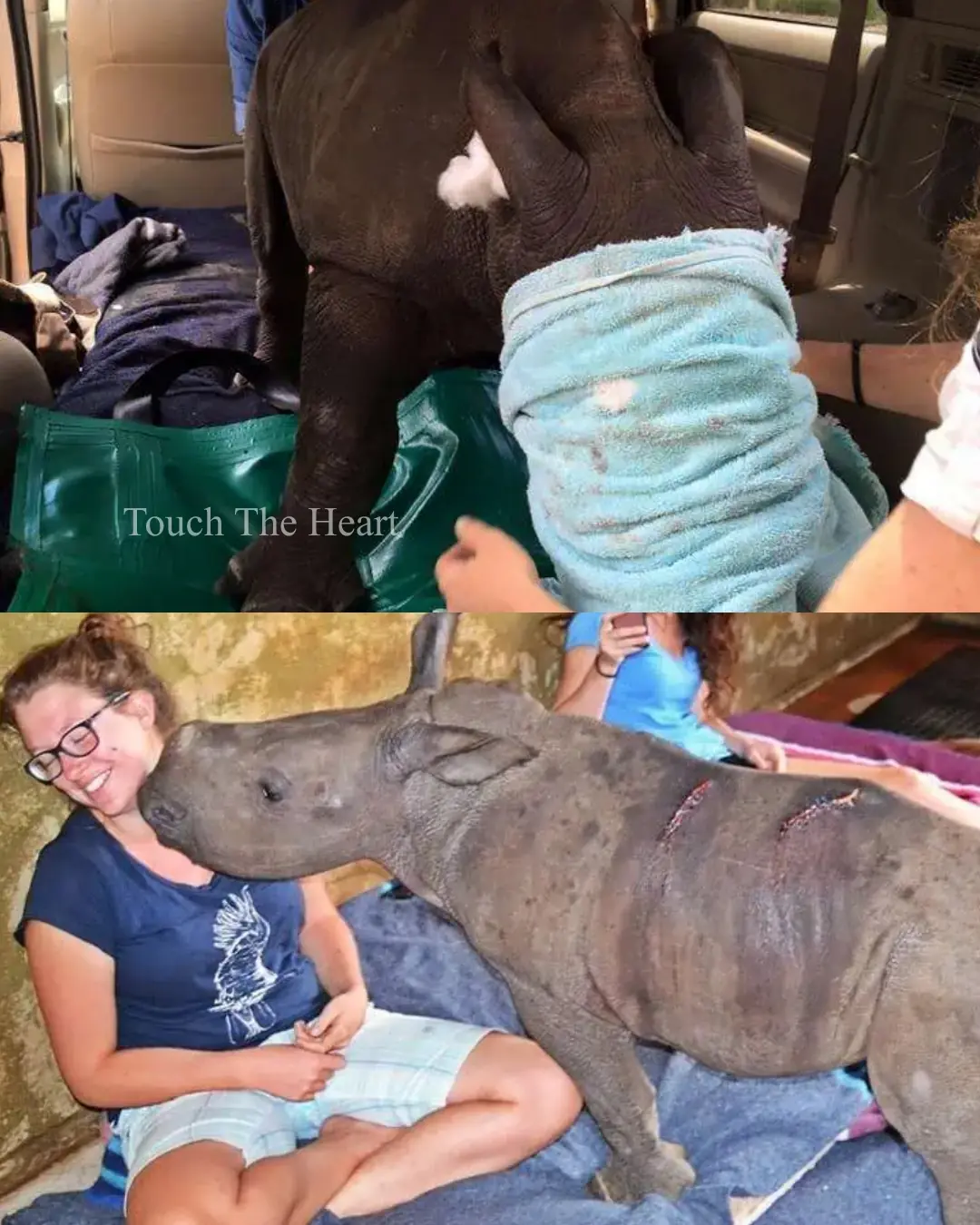
J’aime the Baby Rhino: The Little Survivor Who Learned to Love Again.
News Post

Because of a piece of bread, he agreed to help the cook from a wealthy house carry some heavy bags.

The bus driver kicked out an 80-year-old woman who hadn’t paid for her ticket. She replied with just a couple of words.

You spent all the money on your son, and now you want to live in my apartment?” I asked my mother-in-law, who showed up at the doorstep with suitcases.

She married a man with a disability, but a big surprise awaited her at the wedding.

Passersby walked past the pregnant woman who was asking for help, pretending not to notice her pleas.

Black dirty tile grooves, use this method to clean in just a few minutes, saving scrubbing effort

Having taken all the property and money for himself in the divorce, the husband did not expect the surprise his ex-wife would prepare for him

The secret to preserving lychees for a long time, keeping them fresh and plump without the skin turning black

If the future mother-in-law had known that the groom was from a wealthy family, she wouldn’t have made such a fuss and let things get so far.

Mixing cold rice with laundry detergent: A small tip to solve many problems that every household encounters, without spending a lot of money

At the wedding, the son called the mother of his bride a homeless woman… But as soon as she took the microphone, the in-laws were stunned

Desiccant packets have 8 special uses. If you throw them away, it's like throwing money out the window.

The general director found out that the cleaning lady was fluent in nine languages and immediately offered her a new position.

How to deodorize bathroom and toilet extremely effectively

Turning on the air conditioner at night at 28 degrees Celsius, thinking it would save electricity, turned out to be a mistake: This is the appropriate level, should be fixed immediately.

When pickling cucumbers, do not use boiled water that has been left to cool: Use this water to make the cucumbers crispy, delicious, and golden brown in just 1 night.

Washing machines accumulate a lot of dirt and bacteria: Pour this bowl into the washing machine to clean it like new and have fresh smelling clothes immediately.

Here’s the secret why everyone puts avocados on the fire!
